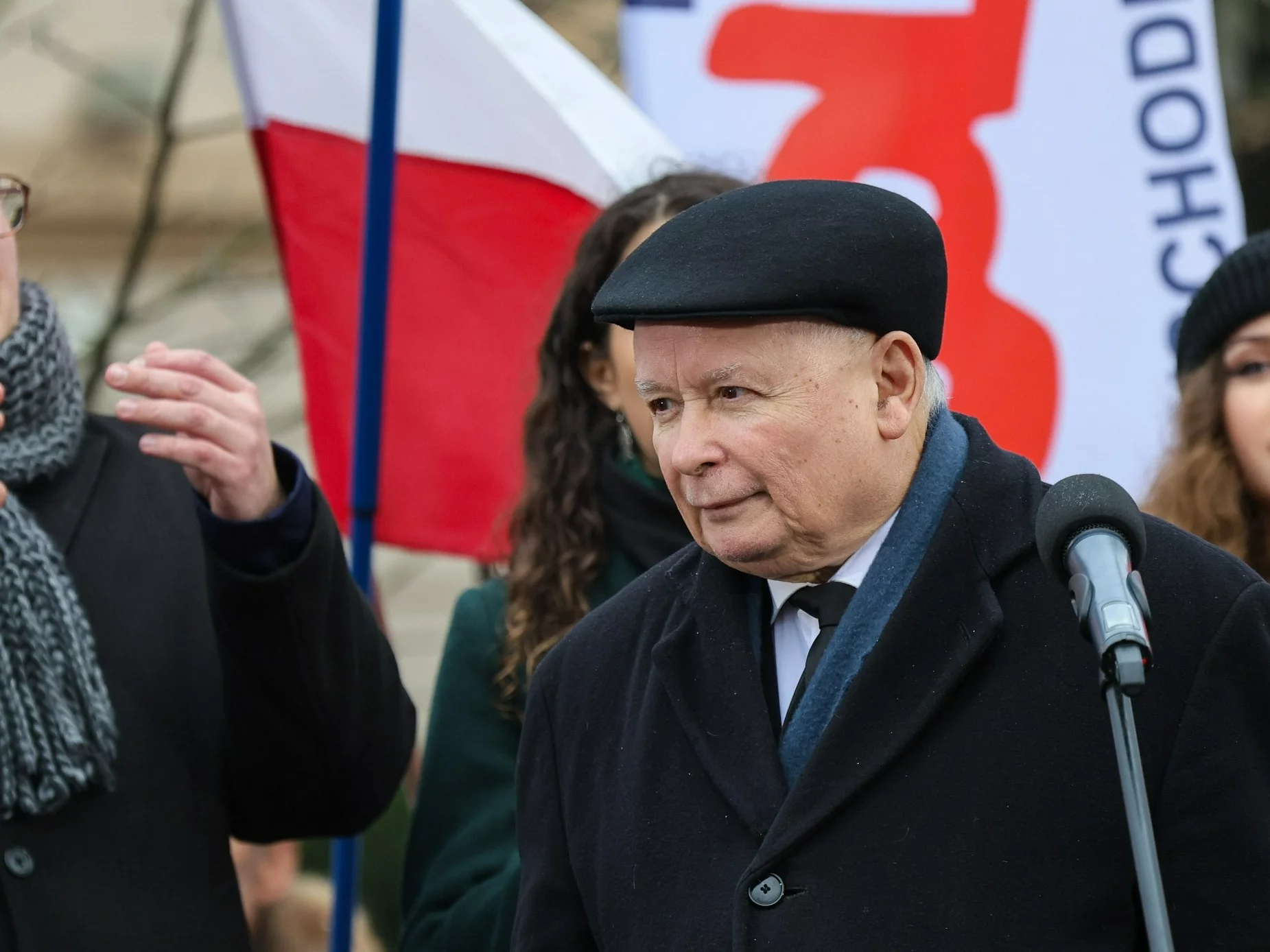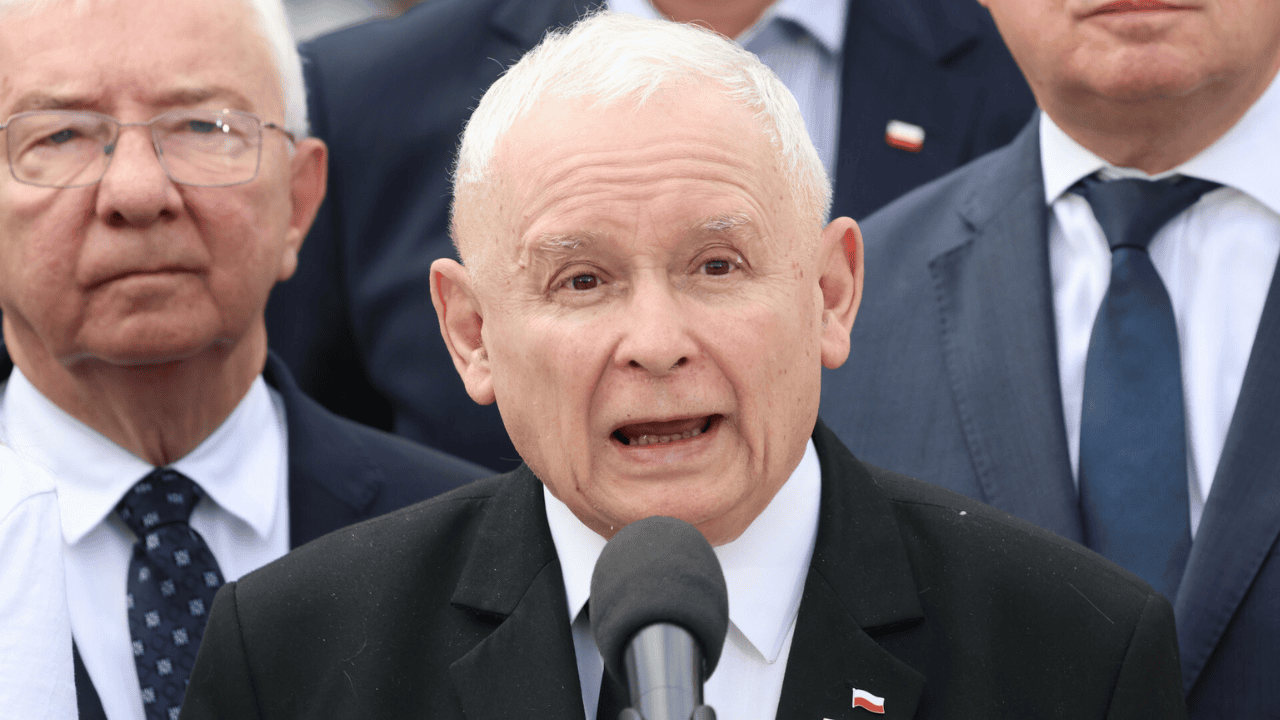
LONDON- The Global Combat Air Programme (GCAP), a joint UK-Italy-Japan effort, aims to deliver a sixth-generation fighter by 2035 but faces delays, prompting Japan to consider more Lockheed Martin F-35s. The US’s Boeing F-47 offer adds pressure to the timeline.
Japan’s concerns about GCAP’s schedule, driven by China’s J-50 advancements and a US push for the F-47, highlight a critical juncture for the trilateral program’s future.
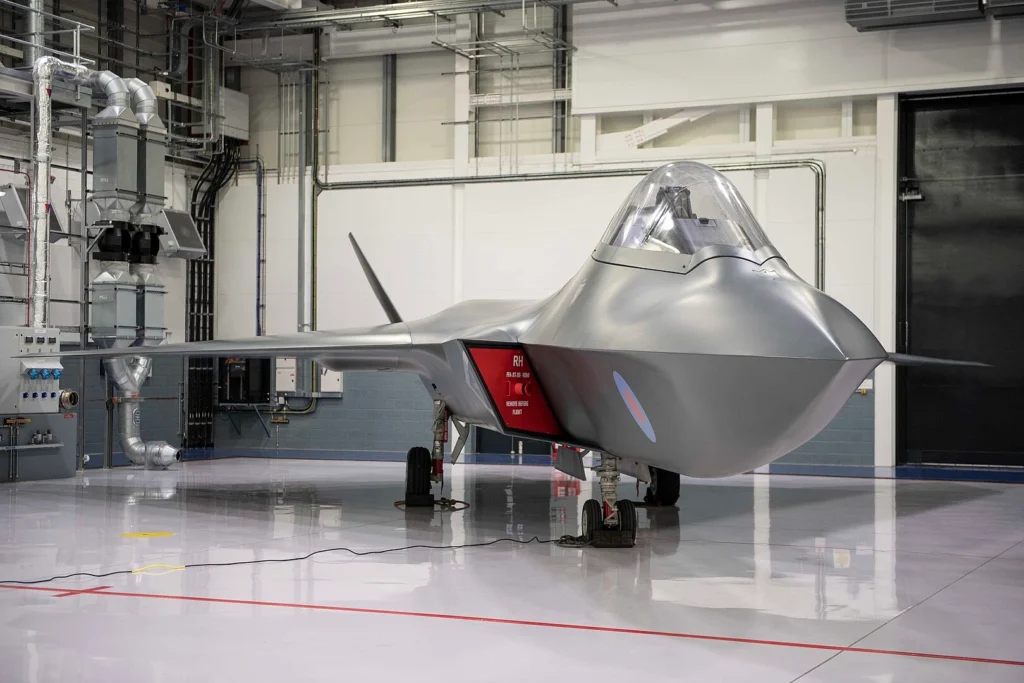 Photo: By Jack Eckersley – https://www.defenceimagery.mod.uk/Home/Search?Query=DES-2019-002-0027.jpg&Type=Filename, OGL v1.0, https://commons.wikimedia.org/w/index.php?curid=142191175
Photo: By Jack Eckersley – https://www.defenceimagery.mod.uk/Home/Search?Query=DES-2019-002-0027.jpg&Type=Filename, OGL v1.0, https://commons.wikimedia.org/w/index.php?curid=142191175GCAP Fighter Delays
The F-47, recently greenlit by US President Donald Trump, will be developed by Boeing and primarily serve the United States Air Force.
Italian Air Force General Giandomenico Taricco, now a commercial director at the GCAP International Government Organisation (GIGO), clarified that the F-47 is not a rival but a complementary system to the GCAP.
Taricco emphasized the intent to make the two platforms interoperable, forming a cohesive allied air defense ecosystem.
According to him, aligning these programs will enhance global readiness and resilience without causing friction among allies.
The U.S. decision to fast-track the F-47 follows discussions between Trump and Japanese Prime Minister Shigeru Ishiba, where the American side expressed its confidence in its advanced combat air platforms.
Japan’s interest in GCAP is driven by its desire to co-own technology, a privilege unlikely with US systems.
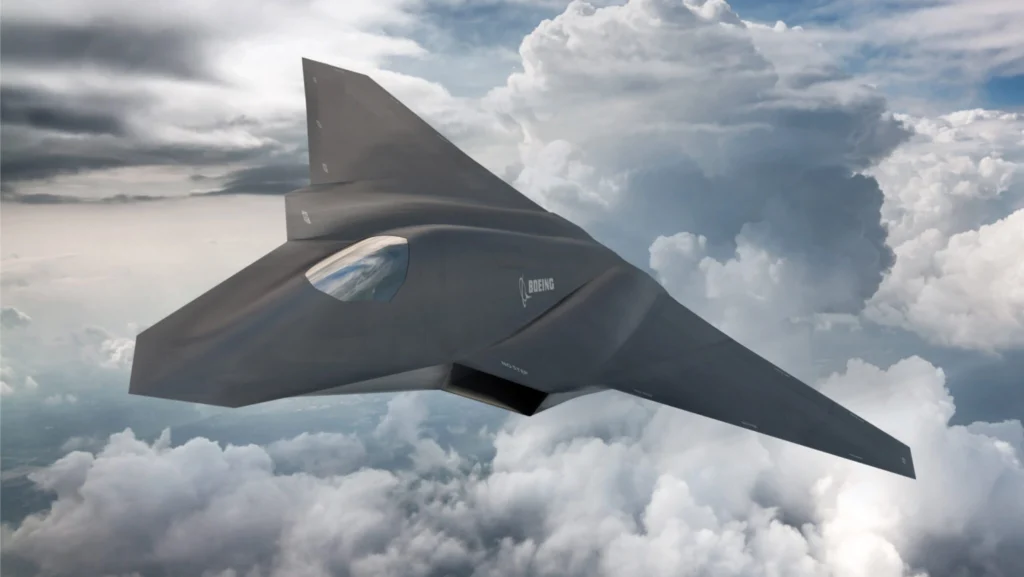
Development Timeline
Despite alignment on strategic goals, Tokyo has expressed frustration over GCAP’s 2035 delivery target.
The delay creates vulnerabilities, particularly as neighboring China continues to advance its own sixth-generation fighter program, the J-50.
Reuters reports indicate that Japan is reconsidering its fleet strategy and may procure additional F-35s to bridge capability gaps.
Taricco acknowledged the urgency, noting that Italy and the U.K. also recognize the need to accelerate development.
He stressed that GCAP stakeholders are pushing collectively to stay on schedule or possibly move faster.
GIGO, the trilateral intergovernmental agency managing GCAP, is headquartered in Reading, U.K. Its leadership includes CEO Oka Masami (Japan), Director Taricco (Italy), and Technical Director Phil Brooker (UK).
The agency was established in 2024 to unify program objectives and government oversight.
Alongside GIGO, an industrial joint venture will soon commence operations. This JV includes BAE Systems (UK), Leonardo (Italy), and JAIEC (Japan), which itself comprises Mitsubishi Heavy Industries and the Society of Japanese Aerospace Companies.
The office, co-located with GIGO, is expected to staff 1,000 personnel within 12 to 15 months.
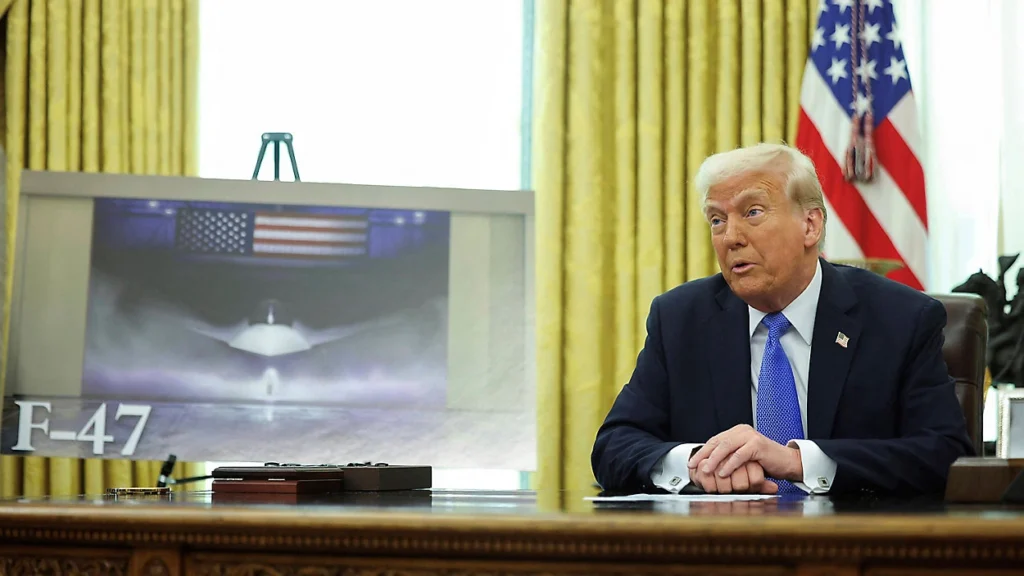 trump_f-47
trump_f-47Photo- AP
Future Plans
GIGO aims to sign its first international contract with the industrial JV by late 2025, followed by a design and development agreement by early 2027.
While manned-unmanned teaming is a long-term vision, unmanned systems development remains under national jurisdiction, and no timeline has been confirmed for their inclusion.
Export is a key pillar of GCAP’s viability. While GIGO itself is not handling negotiations with potential partners like Saudi Arabia, talks are ongoing at the national level to expand the consortium. Taricco affirmed that export potential remains fundamental to the project’s success.
Stay tuned with us. Further, follow us on social media for the latest updates.
Join us on Telegram Group for the Latest Aviation Updates. Subsequently, follow us on Google News
Boeing F-47 NGAD: America’s First Sixth-Generation Fighter Jet
The post GCAP Fighter Faces Delays as US Pushes F-47, Japan Weighs F-35 Option appeared first on Aviation A2Z.





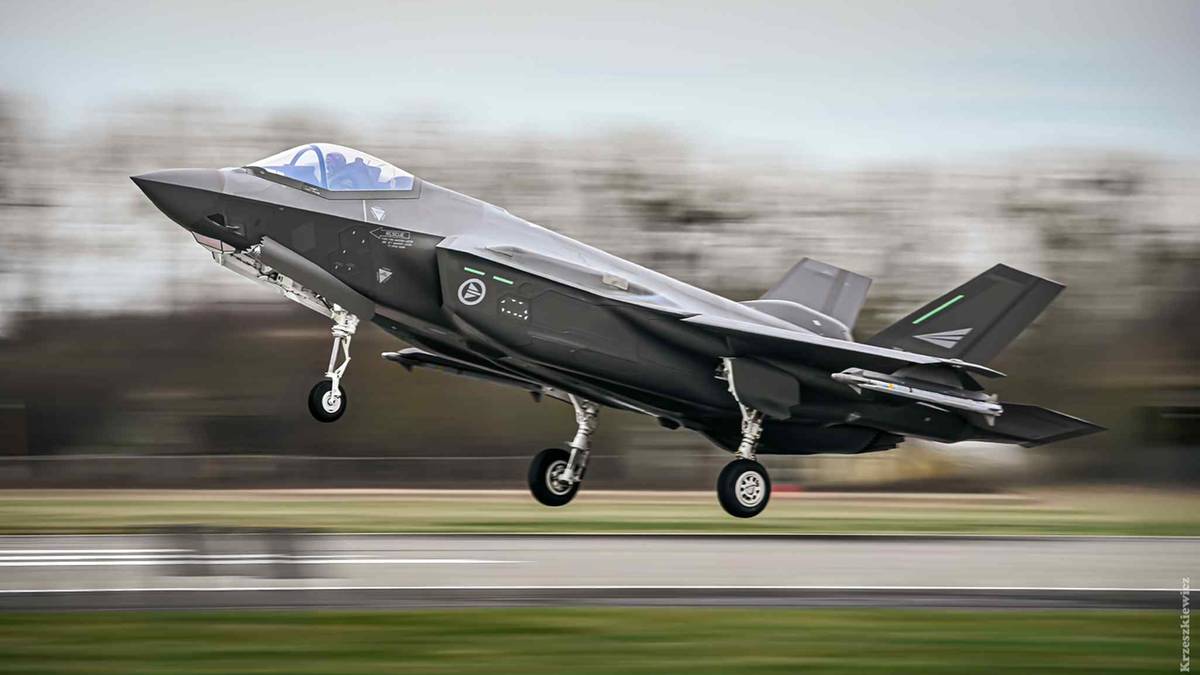
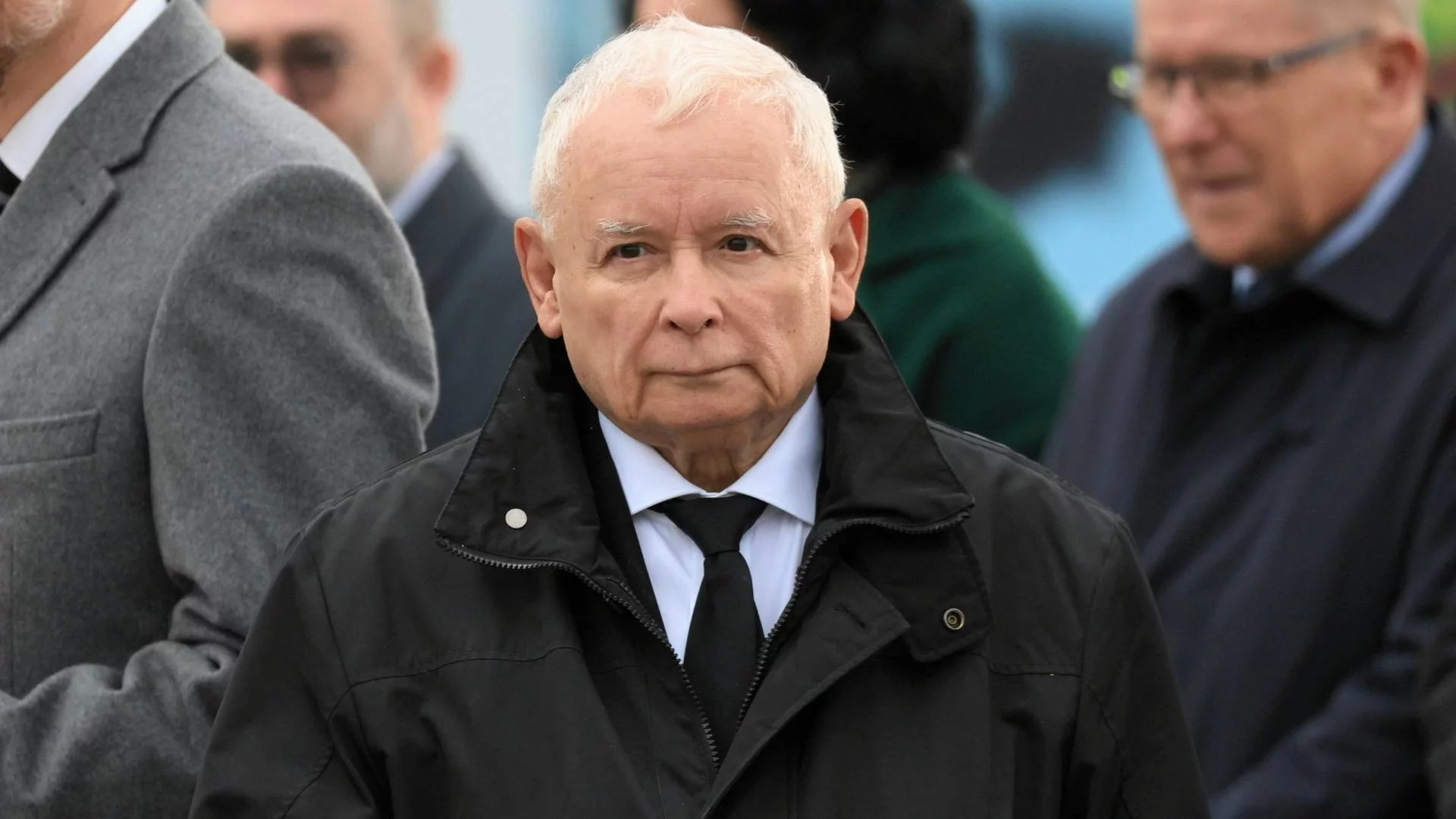
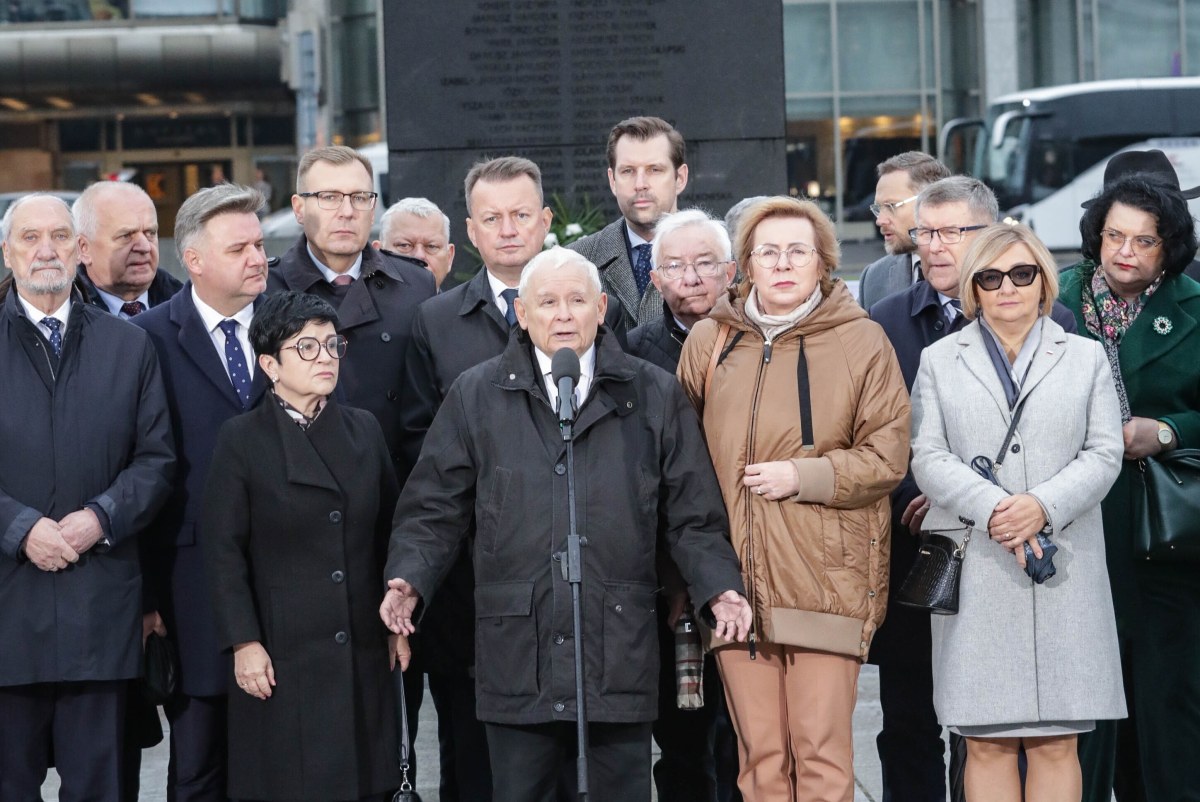
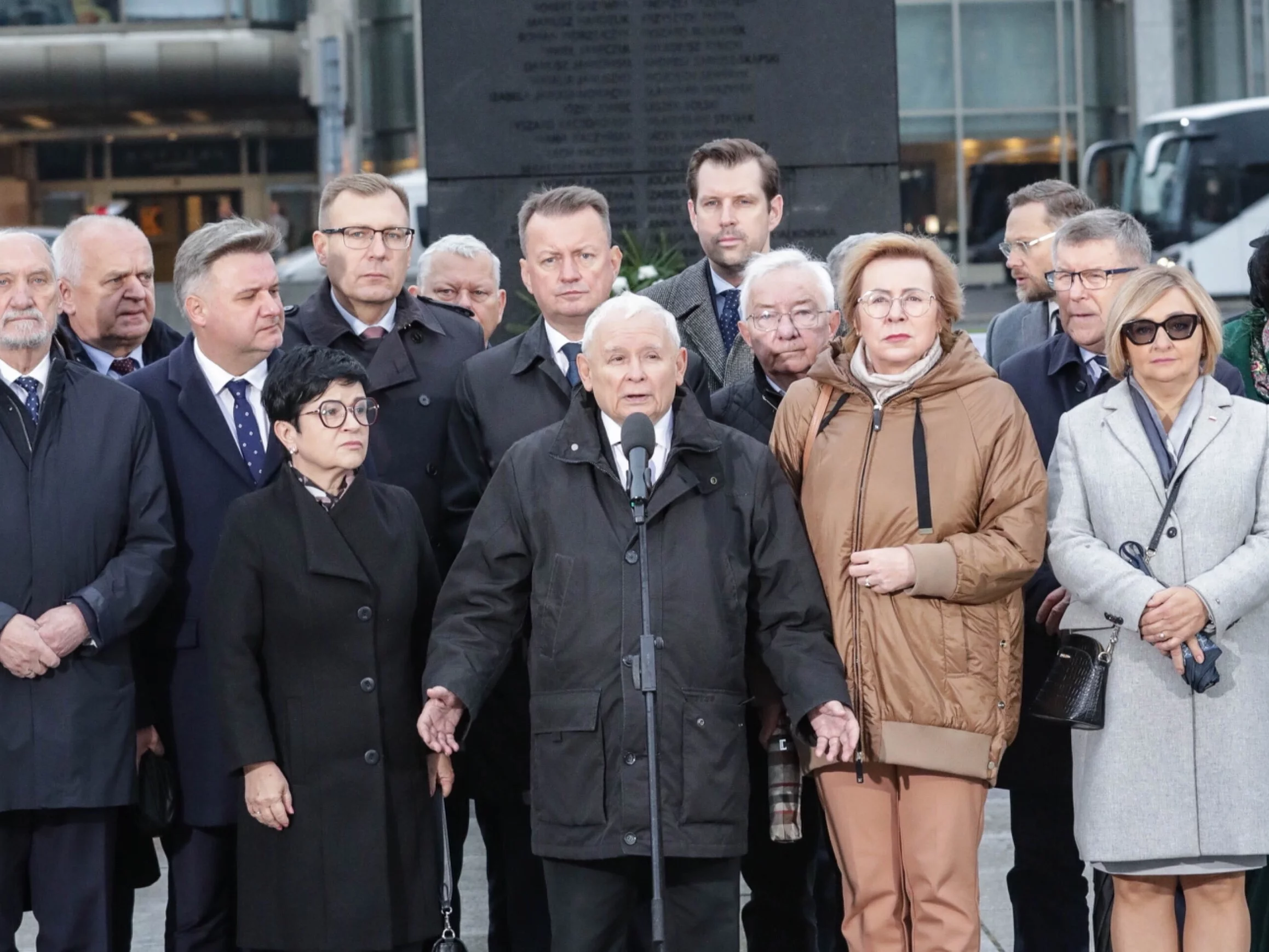
![A gdyby tak rzucić wszystko i wyjechać do Maroka… [zdjęcia]](https://tarnow.ikc.pl/wp-content/uploads/2025/10/ucieczka-do-tangeru-fot.-Artur-Gawle0001.jpg)
